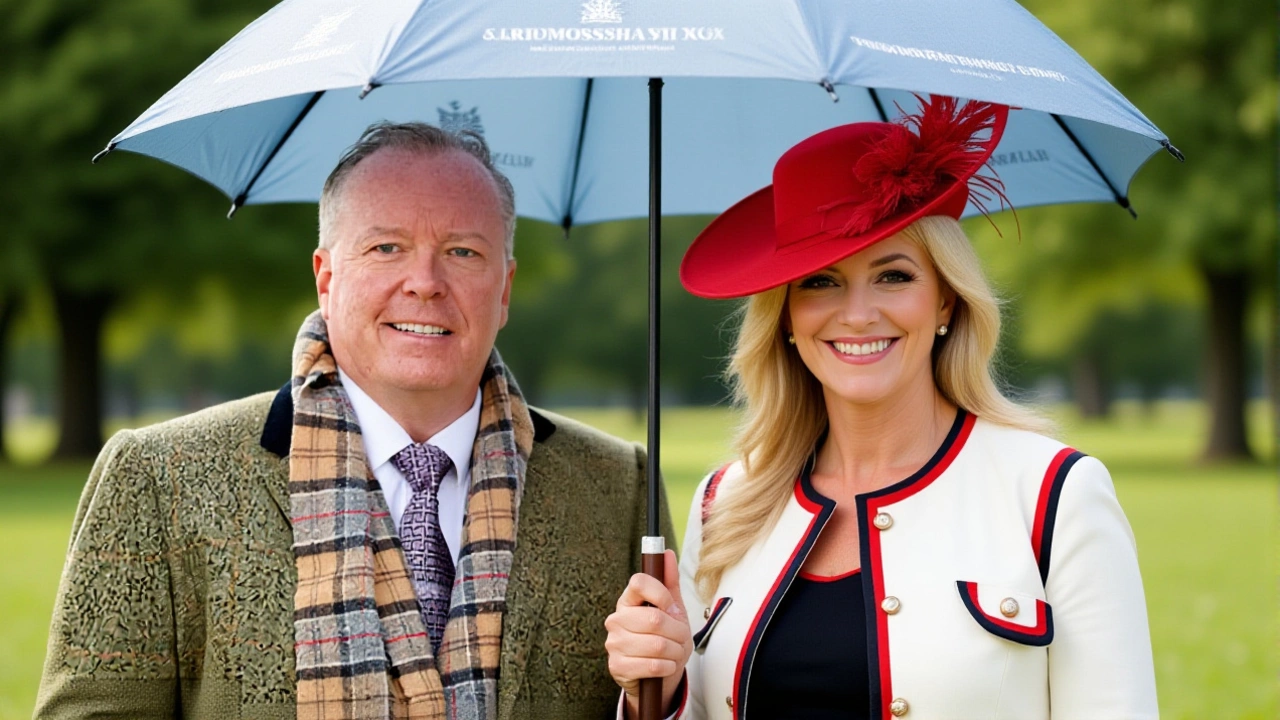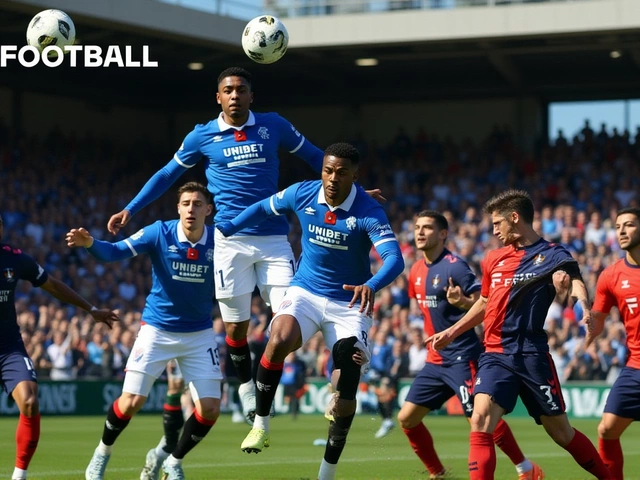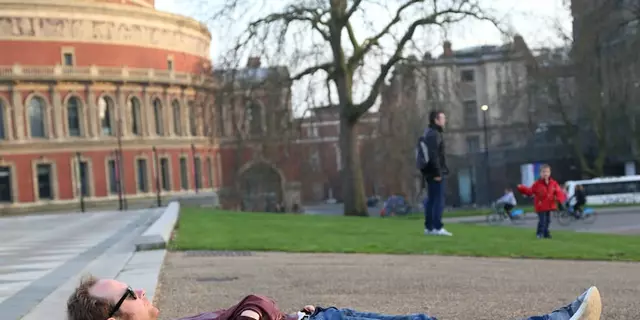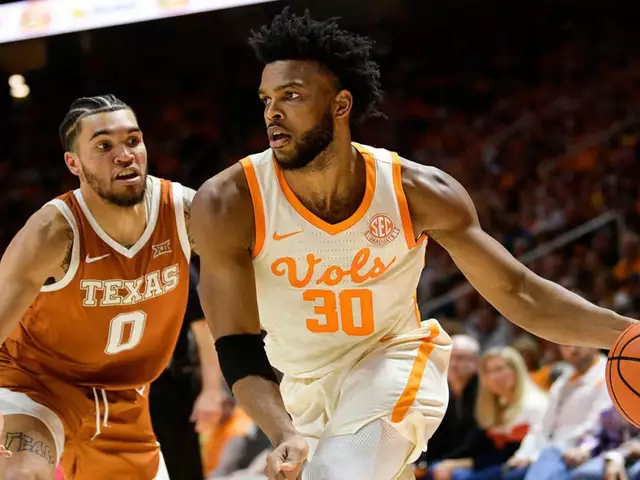UK Government – Sports, Politics and Media Tag Archive
When talking about UK government, the central institution responsible for shaping national policies, overseeing public services, and regulating a wide range of sectors in the United Kingdom. Also known as British Government, it plays a pivotal role in everything from sports funding to media oversight. The UK government influences everyday life by deciding where public money goes, what rules apply to broadcasters, and how safety is maintained during large events.
One of the most visible ways it shows up is through sports funding, government money allocated to develop grassroots and elite athletics across the country. Because the UK government influences sports funding, clubs can access grants that upgrade stadiums, support youth academies, and fund community programs. This is why a Premier League side like Tottenham can host a Carabao Cup match with top‑flight standards, even when injuries force lineup changes. Likewise, the money trickles down to local leagues, helping schools launch new teams and giving amateur athletes the chance to train on better pitches. In short, the link between government policy and the health of the sport ecosystem is direct and measurable.
Security concerns also fall under the same umbrella. The recent coordinated shootings in Minnesota, labeled as political violence, targeted attacks on public officials that raise national safety alarms, reminded governments worldwide of the need for robust protective measures. While the incident happened abroad, the UK government continuously reviews its own counter‑terrorism strategies, invests in intelligence sharing, and updates protocols for large gatherings like football finals or concerts. The relationship can be summed up as: political violence prompts the UK government to tighten security, which in turn safeguards public events and maintains public confidence.
Another arena where the UK government leaves its mark is media regulation, the set of rules that govern how television, radio and online platforms curate and broadcast content. This framework decides how shows like "Hullraisers" reach audiences, ensuring that working‑class stories receive proper representation without breaching broadcasting standards. Media regulation also determines how live sports are shown, influencing rights deals and advertising revenue for leagues. In essence, the UK government regulates media, which shapes public perception of both sports triumphs and cultural narratives.
Below you’ll find a diverse collection of posts that illustrate these connections in action – from a Tottenham cup win and a debate about comedy representation to a look at political violence and the role of sports agents. Use this roundup to see how public policy, funding, safety and media rules intersect with the world of sports and entertainment, and to spot patterns you can apply to your own projects or interests.

Baroness Michelle Mone‑linked firm ordered to repay £122 million for PPE contract breach
A High Court ruling forces a company linked to Baroness Michelle Mone to repay £122 million after a faulty PPE contract, sparking political fallout and a National Crime Agency probe.
READ



